Townhall Times: New Delhi – PM Modi and CM Kejriwal Trade Barbs Ahead of Elections
Ahead of the upcoming elections, Prime Minister Narendra Modi launched a housing initiative by distributing keys to flats for a few women in Delhi, urging them to assure others that every underprivileged citizen in the capital would receive a home under his leadership.
On Friday, PM Modi handed over keys to slum dwellers for 1,675 flats at Ashok Vihar’s Swabhiman Apartments, built under the Delhi Development Authority’s rehabilitation project. The initiative aims to improve the living conditions of the urban poor. However, concerns about the quality of the flats were raised.
In a veiled dig at Delhi CM Arvind Kejriwal, Modi remarked, “I could have built a grand palace for myself, but my dream is to provide homes for the common people. Today or tomorrow, everyone will have a proper house. Unlike others, I have never built a home for myself, but in the past 10 years, I have fulfilled the dreams of over 40 million people.”
CM Kejriwal Responds with Criticism
Following Modi’s comments, Delhi CM Arvind Kejriwal held a press conference, accusing the PM of spreading falsehoods and ignoring Delhi’s needs.
“PM Modi came to Delhi today and delivered a 43-minute speech, spending most of it criticizing us and Delhiites. Since 2015, Delhi has had two governments: BJP at the center and AAP in the state. In 10 years, we’ve done so much work that it would take hours to list them all. But the BJP government hasn’t accomplished anything worth mentioning,” Kejriwal said.
Kejriwal on BJP’s Promises
Kejriwal criticized the BJP’s housing commitments, calling them unrealistic.
“They promised four lakh homes but built only 4,700 in five years. At this rate, it will take 200 years to fulfill their promise. They demolish slums but fail to provide homes. Their leaders sleep in slums for a night and have them demolished the next day. By 2030, the BJP plans to remove all slums in Delhi.”
AAP’s Claims of Progress
Kejriwal highlighted his administration’s achievements, including the establishment of Mohalla Clinics, the construction of 22,000 classrooms, and three universities. However, critics point out significant shortcomings:
- Existing dispensaries could have been upgraded with modern equipment and doctors to create mini-hospitals, setting global standards during crises like COVID-19.
- The new universities have exorbitant fees (₹10-15 lakhs annually), making higher education inaccessible to the underprivileged.
- Despite claims, AAP has not built any new schools but instead added buildings to existing ones, reducing playground spaces.
Challenges in Education and Healthcare
- Dropout Rates: Around 35% of children from low-income families dropped out of school post-COVID, with online classes proving inaccessible due to a lack of smartphones and internet facilities.
- Healthcare Gaps: Delhi’s hospitals face shortages of beds, doctors, and equipment, leading to numerous preventable deaths daily.
Employment Issues
- The city lacks adequate staff in schools, municipal departments, and public transportation services like DTC.
- Most job appointments are made on a contractual basis, offering no job security.
As the political blame game continues, it remains to be seen how these narratives will shape the upcoming elections. Both parties stand accused of failing to address the needs of the underprivileged while indulging in rhetoric and promises.

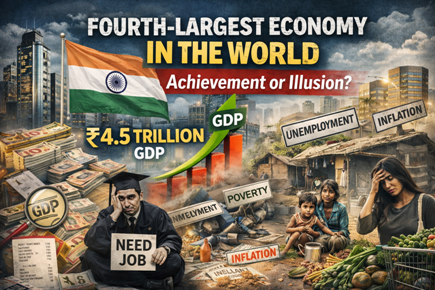

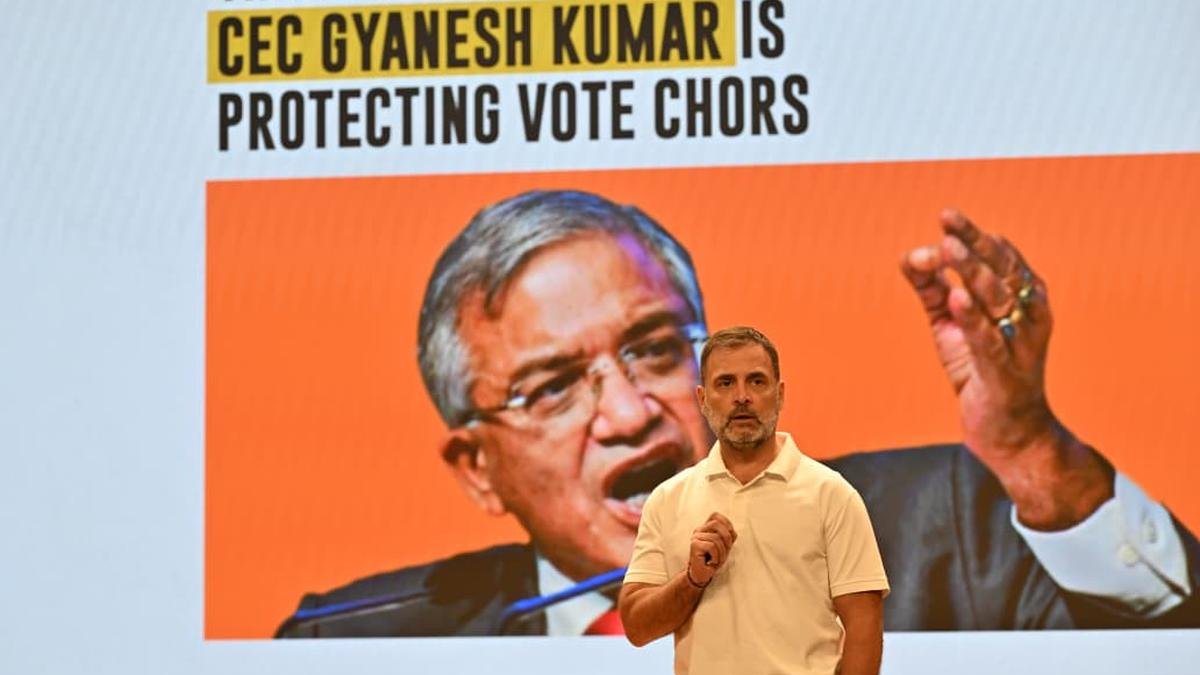
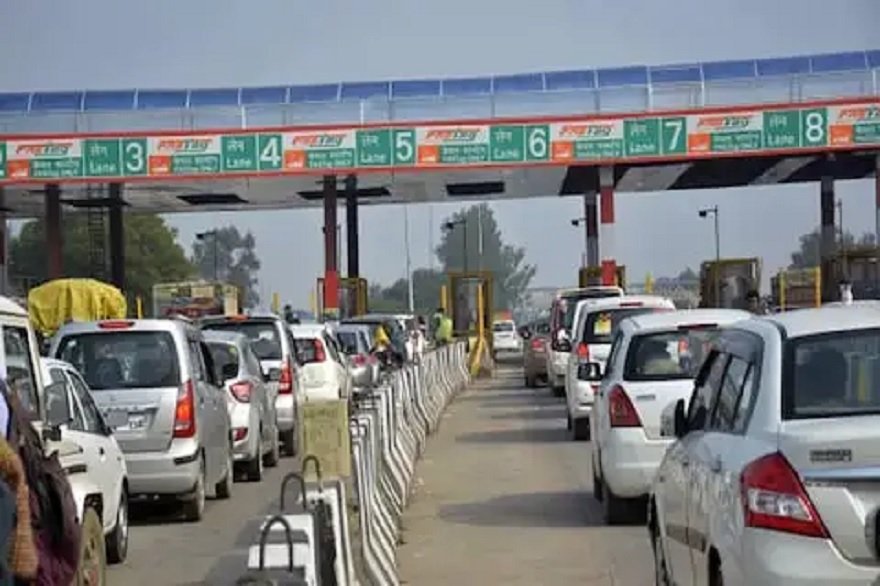

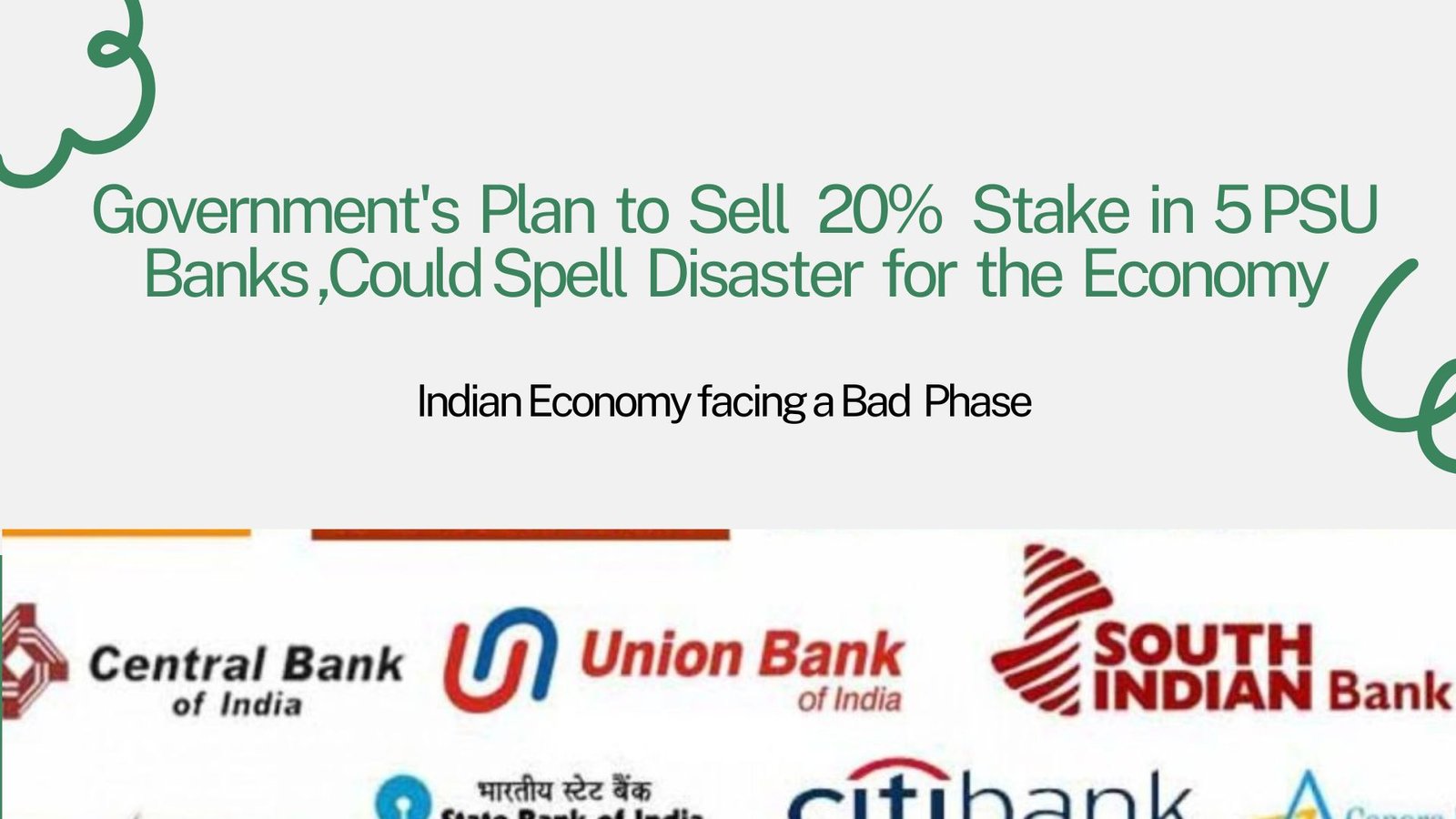


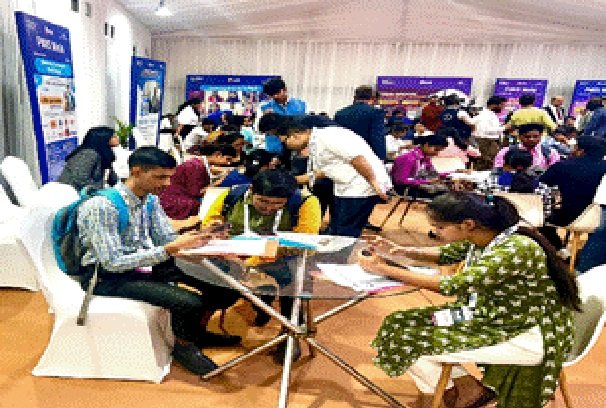
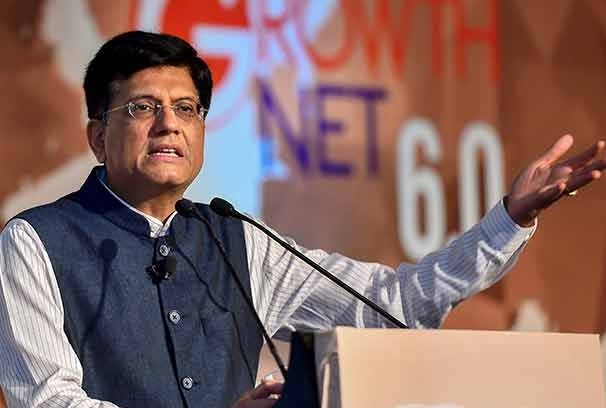
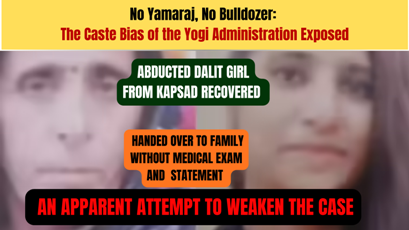

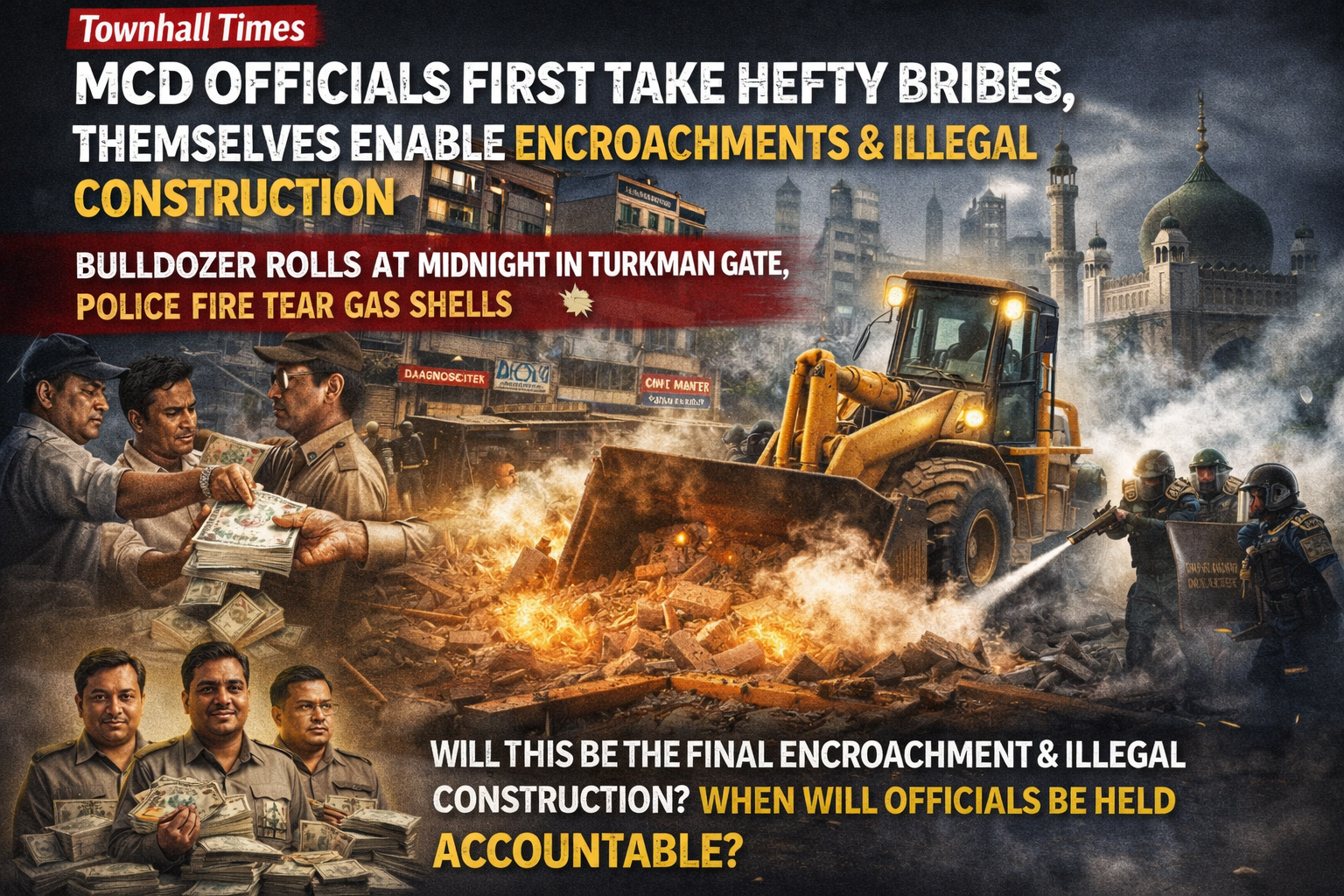
Leave a Reply